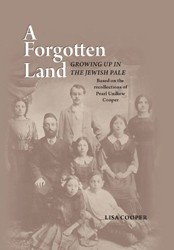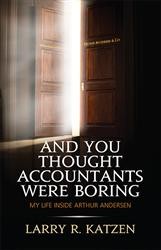Elena Lappin’s enchanting memoir unfolds like a Russian nesting doll. Though the book is a mostly chronological telling of her life’s story, each chapter’s insights bring us closer to the book’s core.
Born in Moscow in 1954, Lappin is brought by her freedom-seeking parents to Prague in 1958. She learns Czech — the language she will someday speak to her own children — and French. In 1970, the family moves to Hamburg in search of economic opportunity. Lappin, her parents, and her younger brother all learn to speak German. Germany forces Lappin to confront her Jewishness, and she heads to Tel Aviv as a graduate student. There she acquires both Hebrew and a soulmate, when she meets and marries an immigrant from Canada. Together, they follow employment opportunities to Canada, the United States, and eventually London. Naturally, Lappin learns English with astonishing ease. No one reading her confident and elegant prose would ever guess that she is writing in her sixth language.
Lapin’s relocations echo the twentieth-century’s search for increased political freedom and prosperity. We follow her from post-Stalin Russia to the Prague Spring of 1968, to the liberalism of Germany in the 1970s, to the still-new state of Israel, and finally to North America and England.
After years of peregrinations, Lappin is happily settled in London with her husband and children. One day, she answers the phone, and a man speaks to her in Russian, her mother tongue. He has news for her — he is her uncle, and the man who raised her is not her biological father.
Lappin, now in her forties, is forced to rethink her past, her relocations and dislocations. She must confront her parents about the secrets they kept and the words left unsaid. The way to do that is to move back — through time, place, and language. Lappin’s whole life has prepared her for writing a memoir: “A lifetime is not so many years for a person to play with; when you move, or rather, as is often the case, flee from place to place, country to country, language to language, you are constantly rewriting the narrative of your life.” Lappin writes compellingly and fluidly of her many moves and what she thought — before the phone call — was the narrative arc of her life.
In this complex symphony, religious identity is no more than a grace note. Lappin’s sense of self is formed by her wandering, but not by her Jewishness. However, there is something profoundly, if unconsciously, Jewish in her story of multiple exiles, and of yearning for a place to call home.
Elka Weber





